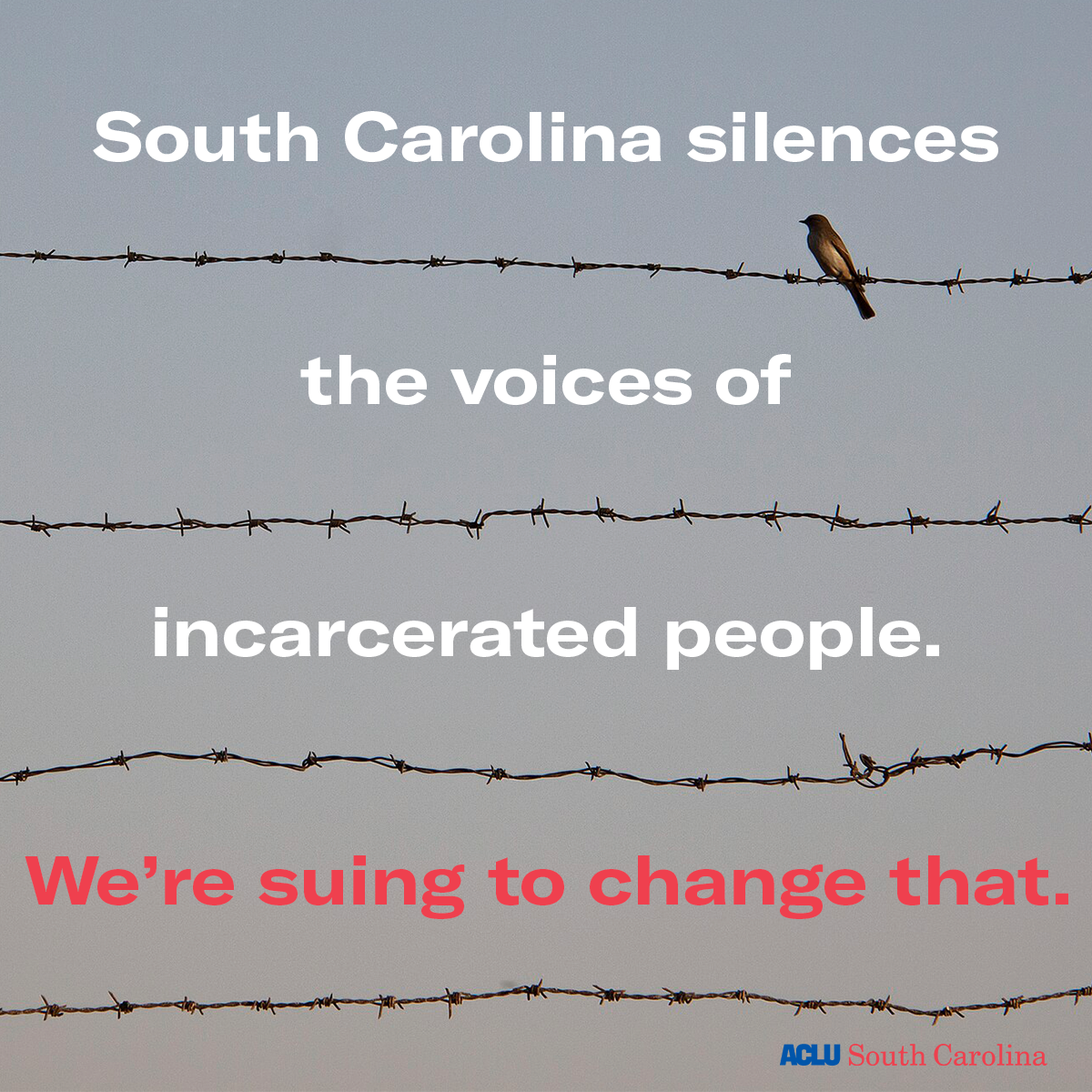ACLU-SC v. Stirling
- Filed: 02/22/2024
- Status: Active
- Court: U.S. Court of Appeals for the Fourth Circuit
- Latest Update: Feb 22, 2024

Stay Informed
Sign up to be the first to hear about how to take action.
By completing this form, I agree to receive occasional emails per the terms of the ACLU’s privacy statement.
By completing this form, I agree to receive occasional emails per the terms of the ACLU’s privacy statement.
